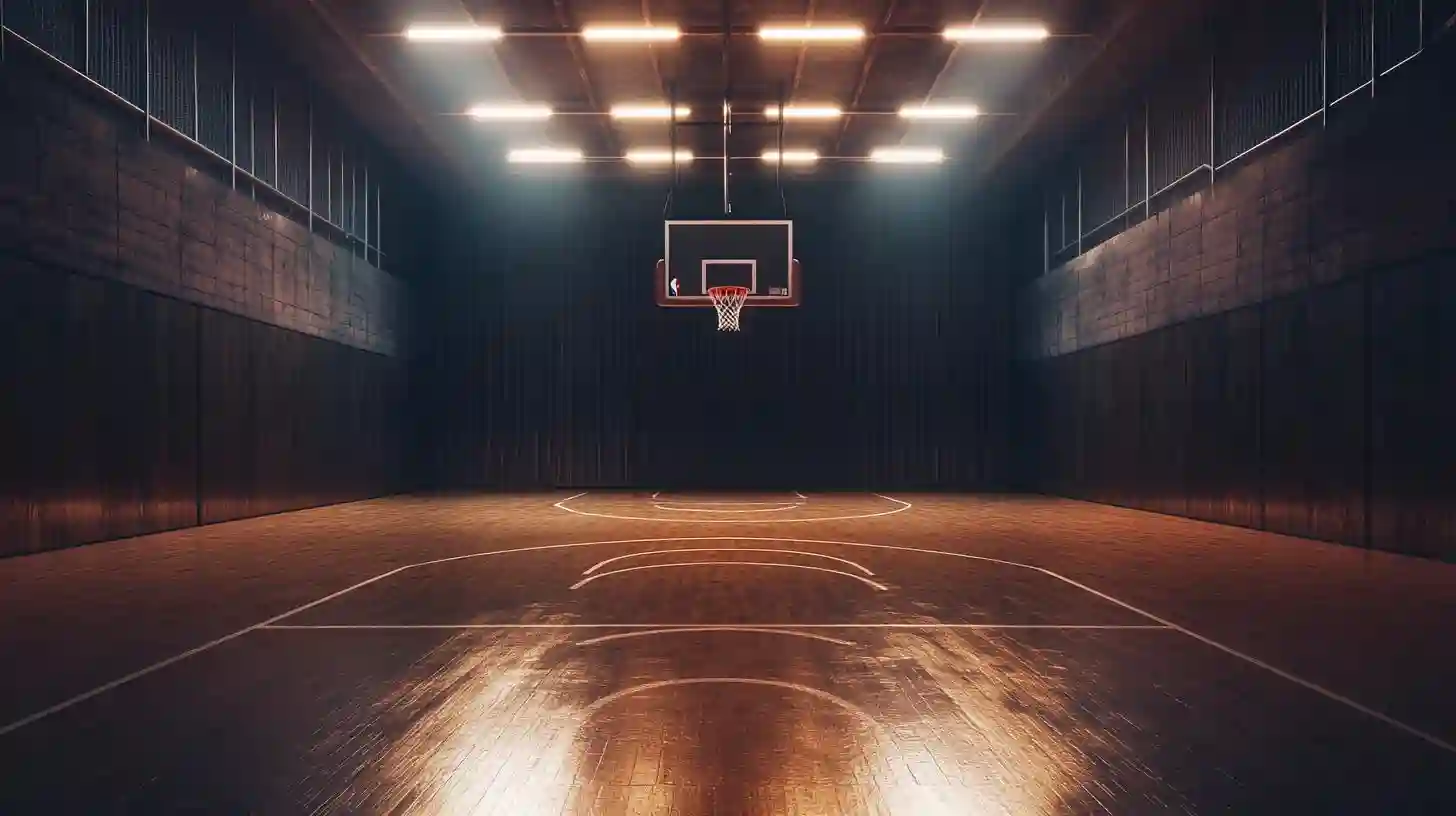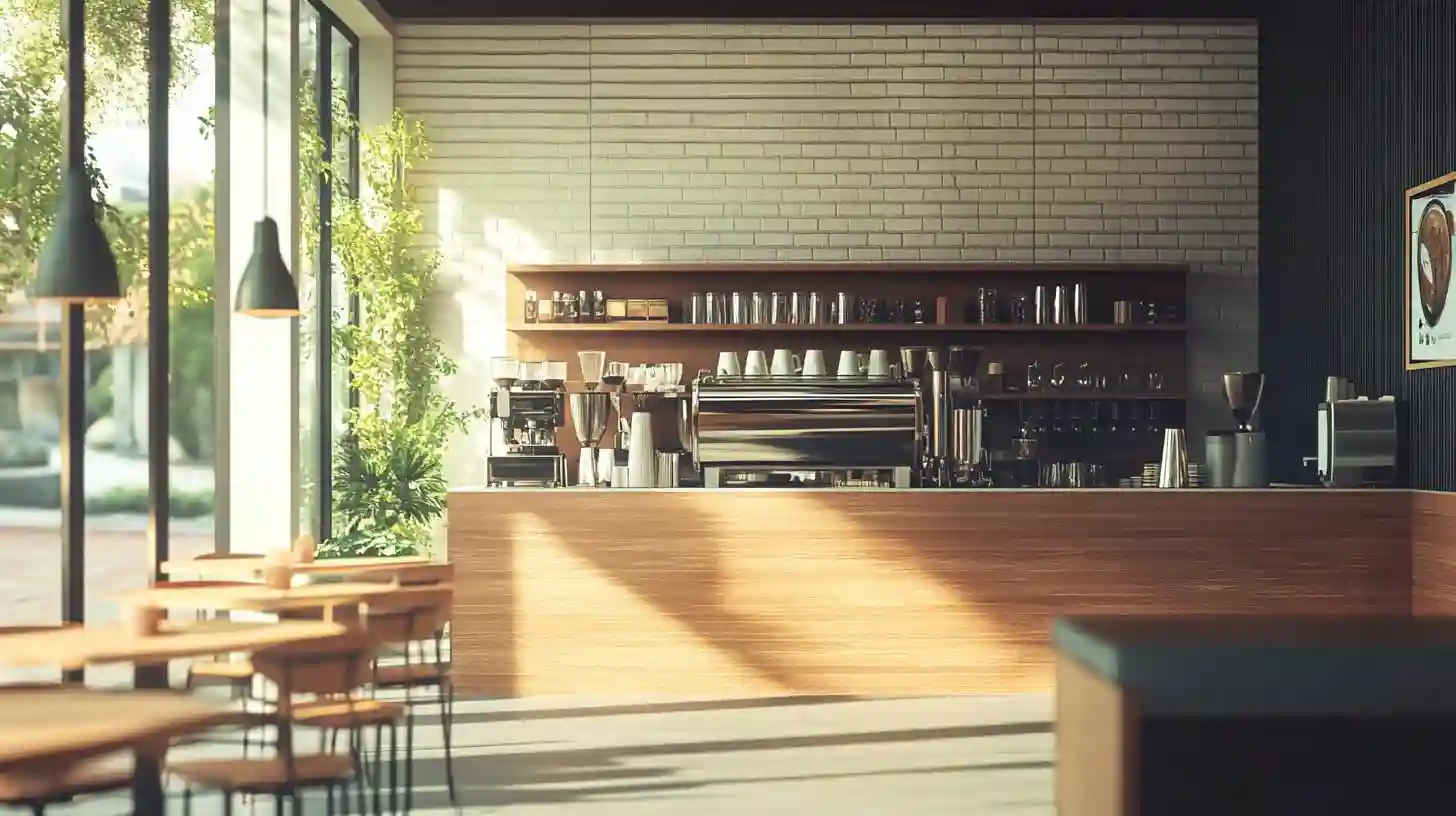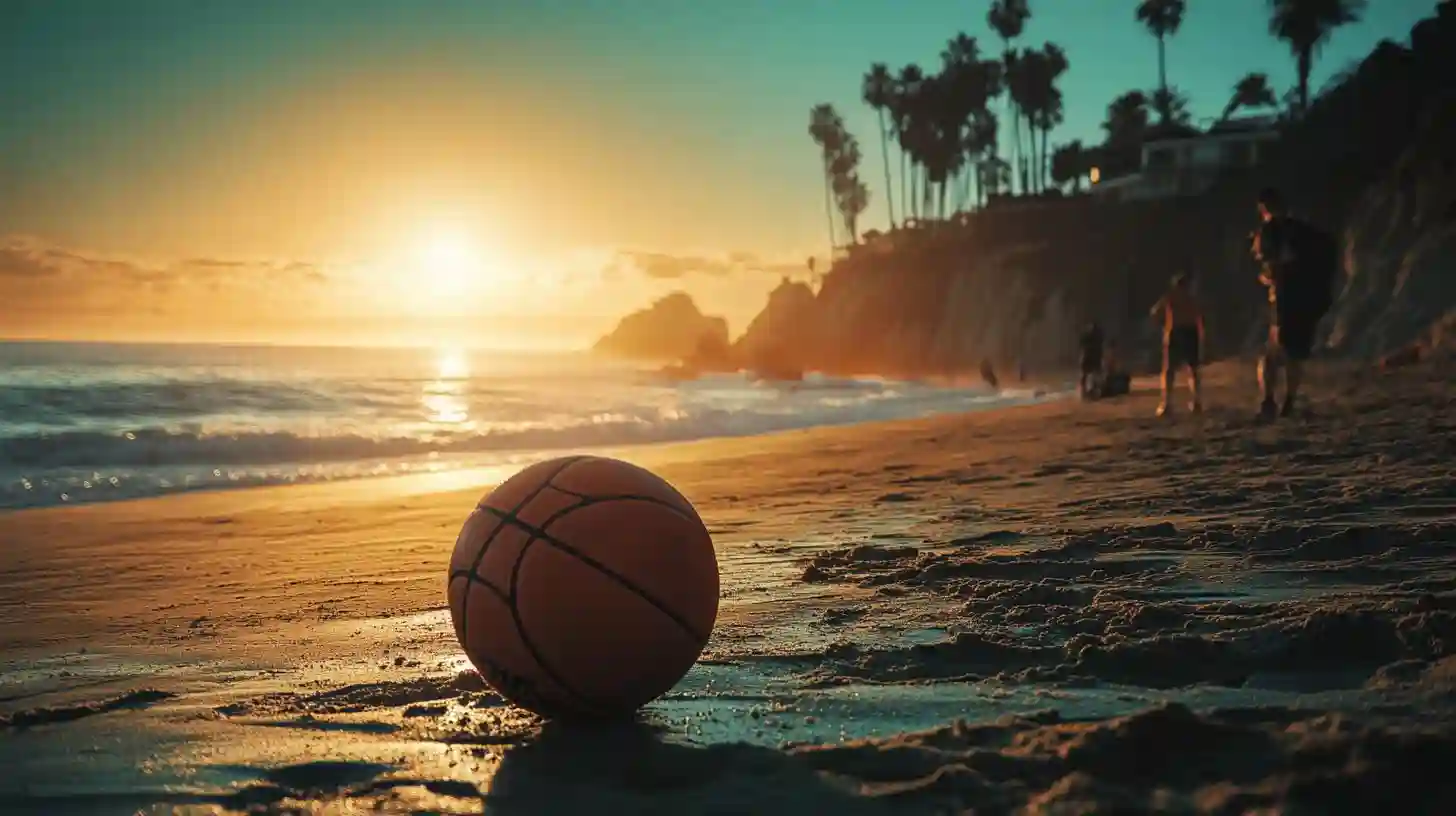
**Plastic Waste and the Rise of Edible Water Bottles: A Sustainable Solution**
Plastic waste has become one of the most pressing environmental issues of our time, with millions of tons entering our oceans and landfills each year. This pollution threatens wildlife, marine ecosystems, and human health, making it imperative for innovators to find sustainable alternatives to traditional plastics. One groundbreaking solution gaining traction is edible water bottles, which promise to revolutionize packaging and consumption.
The development of edible water bottles stems from a growing awareness of the detrimental effects of single-use plastics. Conventional water bottles are often discarded after one use, contributing significantly to the waste crisis, as many take hundreds of years to decompose while leaching harmful chemicals into our environment. Creative minds have begun exploring alternatives that not only reduce plastic consumption but also utilize innovative materials safe for human consumption.
A key player in this field is a London-based company renowned for its pioneering efforts in biodegradable packaging. Their product harnesses a unique material made from natural seaweed extracts, offering both strength and flexibility. Seaweed is particularly promising due to its rapid growth, low environmental impact, and capacity to absorb carbon dioxide as it flourishes. This has sparked interest in its potential for various products beyond just water bottles.
The edible water bottle, often called “Ooho,” is designed to hold liquids like traditional bottles, but with the significant twist that the packaging can be consumed. The bottle features two layers: an inner layer containing the liquid and an outer membrane that serves as a protective barrier. This design not only keeps the liquid secure but is also safe for consumption, reflecting a holistic approach to waste reduction while maintaining essential packaging functions.
As consumers become increasingly aware of plastic waste's negative impacts, the demand for sustainable alternatives rises. Edible water bottles align perfectly with this growing consciousness, allowing individuals to enjoy their drinks without contributing to plastic pollution. They offer convenient portability, making them an appealing option for those on the go while showcasing eco-friendly innovation.
Moreover, the potential applications of edible packaging extend beyond water bottles. Innovations in this area could lead to a new generation of edible packaging for various beverages and foods, creating a significant transformation in the food and beverage industry. This shift could allow for products that are not only delicious but also environmentally conscious.
However, challenges remain. Consumer acceptance is crucial, necessitating extensive outreach to educate the public on the benefits of switching to edible water bottles. Additionally, scalability is a concern; while early prototypes have drawn attention, efficient production and distribution must be established to make these solutions widely accessible.
Governments and organizations worldwide are starting to recognize the urgency of the environmental crisis. Innovative products like edible water bottles could complement initiatives aimed at reducing plastic waste and inspire broader legislative changes. Collaboration between scientists, policymakers, and manufacturers may bring us closer to a future with reduced plastic dependency.
As the battle against plastic pollution continues, the emergence of edible water bottles stands as a beacon of hope. The fusion of food science and environmental sustainability showcases the potential for impactful solutions that align consumer needs with eco-friendly practices. By leveraging nature's resources, scientists envision a future where beverages are packaged in ways that respect our planet’s delicate ecosystems, signaling a transformative shift toward a more sustainable lifestyle.
Edible water bottles present a groundbreaking solution to tackle plastic pollution while promoting eco-consciousness. These innovative capsules, made from natural materials, are safe to consume and biodegradable, significantly reducing waste. By replacing traditional plastic bottles, they inspire sustainable habits and encourage a healthier planet for future generations.
Animals





















